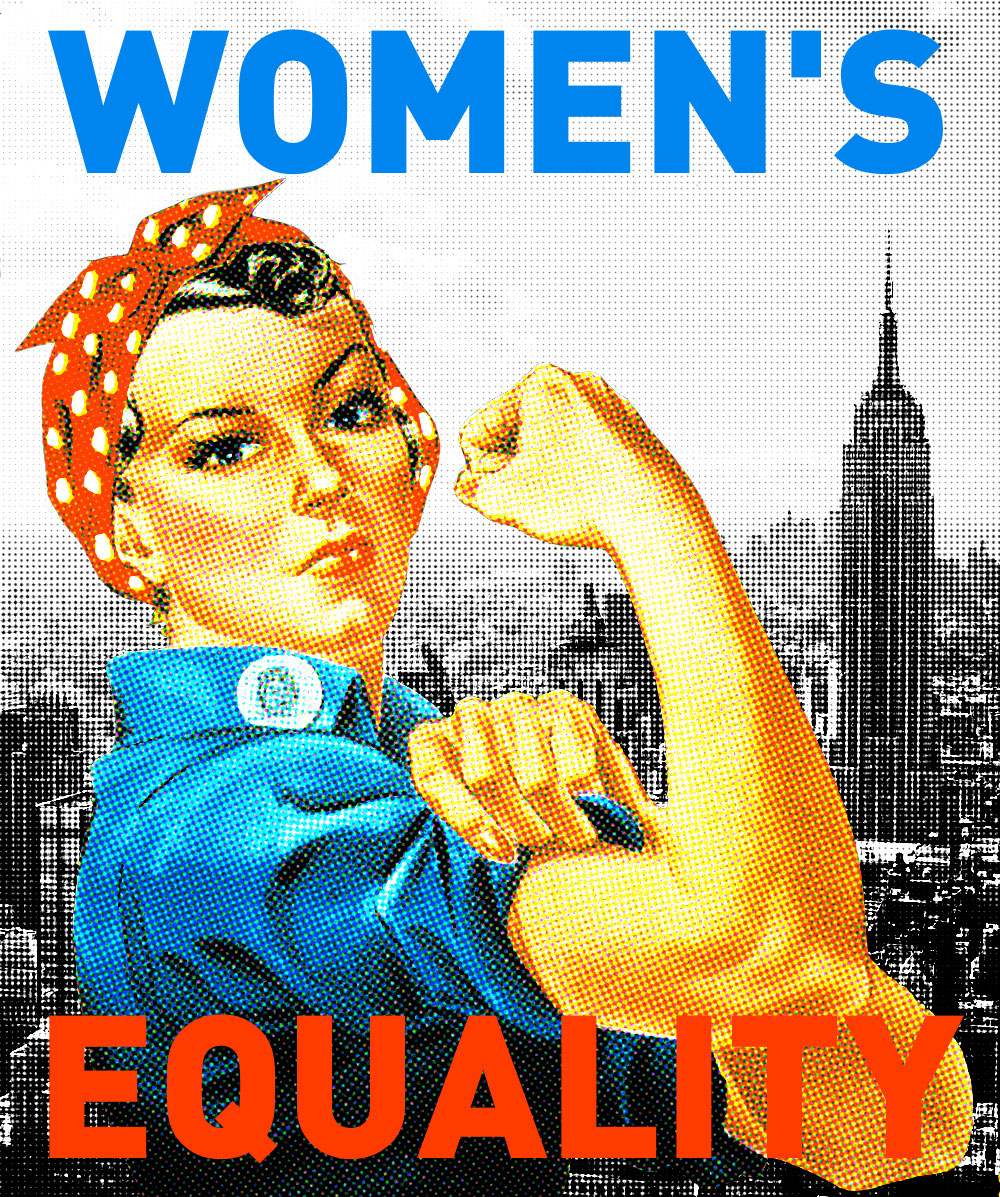Column: Constitutional Limits on Congressional Investigations Into Palestine-Israel Advocacy
Civil Liberties Union

By Katharine Bodde
Americans work hard. We put in more hours on the job than workers in other industrialized countries, and we are given — and use — fewer vacation and personal days.
What’s more, the U.S. is the only developed nation that does not provide workers paid time away from work in order to care for a newborn or a seriously ill family member. Federal law gives employees of large companies 12 weeks of unpaid leave — but who can afford to forgo the pay? The few who can are at the high end of the wage scale.
The extraordinary demands we place on American workers places the health and safety of families in jeopardy. Workers often must choose between providing essential care to an infant or incapacitated parent and bringing home a paycheck.
The most vulnerable workers are low-income earners and hourly workers, who are disproportionately black or Latino, and who are overwhelmingly women.
Women provide the majority of unpaid care at home, despite also being the primary breadwinner in 40 percent of families with children. For women, having a child without job security is a gamble that can lead to eviction or bankruptcy. Debt accrued during parental leave can take years to shake, making it even harder to break the cycle of poverty and close the income gap. And the risks are only exacerbated for black and Latina women, who earn only 64 cents and 55 cents respectively for every dollar earned by white men — and who are less likely to receive paid family leave than white workers.
Americans celebrate hard work, but we also value fairness, justice and diversity. Paid family leave is, first and foremost, about equal opportunity for all. And for that reason, lawmakers must recognize that paid family leave is a civil rights issue.
Paid family leave is critical to equal opportunity in our workplaces, and this is becoming increasingly urgent. More than 63 percent of children in the United States are living in a family in which both parents work. At the same time, the number of children living with a single mother or single father is increasing. Elder care is a growing responsibility of American workers, no matter the demands of the job. People 65 and older represent a larger share of the population today than at any time in the 20th century.
In his State of the State address in January, Gov. Andrew Cuomo spoke with strong feeling about the challenges of caring for family members in a “24/7 world,” and how some New Yorkers pay a greater human cost than others.
The governor then called for enactment of legislation that would provide workers with paid family leave. His proposal would provide workers with up to 12 weeks of leave at two-thirds of pay, with protections of job security. The bill would cover all workers protected by the Temporary Disability Insurance program. The cost of the benefit is paid for entirely by employee payroll contributions that amount to less than a dollar a week per employee.
The serious omissions to the governor’s bill are that it doesn’t unfreeze disability pay, frozen at 1989 levels, and fails to end the exclusion of farmworkers — among the most vulnerable in our state — from protection.
Both the Assembly and the Senate have since included similar policies to the governor’s in their budget proposals, and the task now is to ensure lawmakers do not negotiate away from these standards.
Those who protest that paid family leave is bad for business are mistaken. Consider the evidence from California, New Jersey and Rhode Island — states that have enacted paid-leave legislation. Recent research and survey data demonstrate that providing workers paid leave has had positive effects on long-term productivity — including improvements in employee motivation, recruitment and retention.
If we expect American society to reflect principles of fairness and economic justice, we are going to have to rethink work and family — and help workers meet their obligations to both. Providing workers with paid leave to support their families would be good place to begin.
Katharine Bodde is policy counsel at the New York Civil Liberties Union.